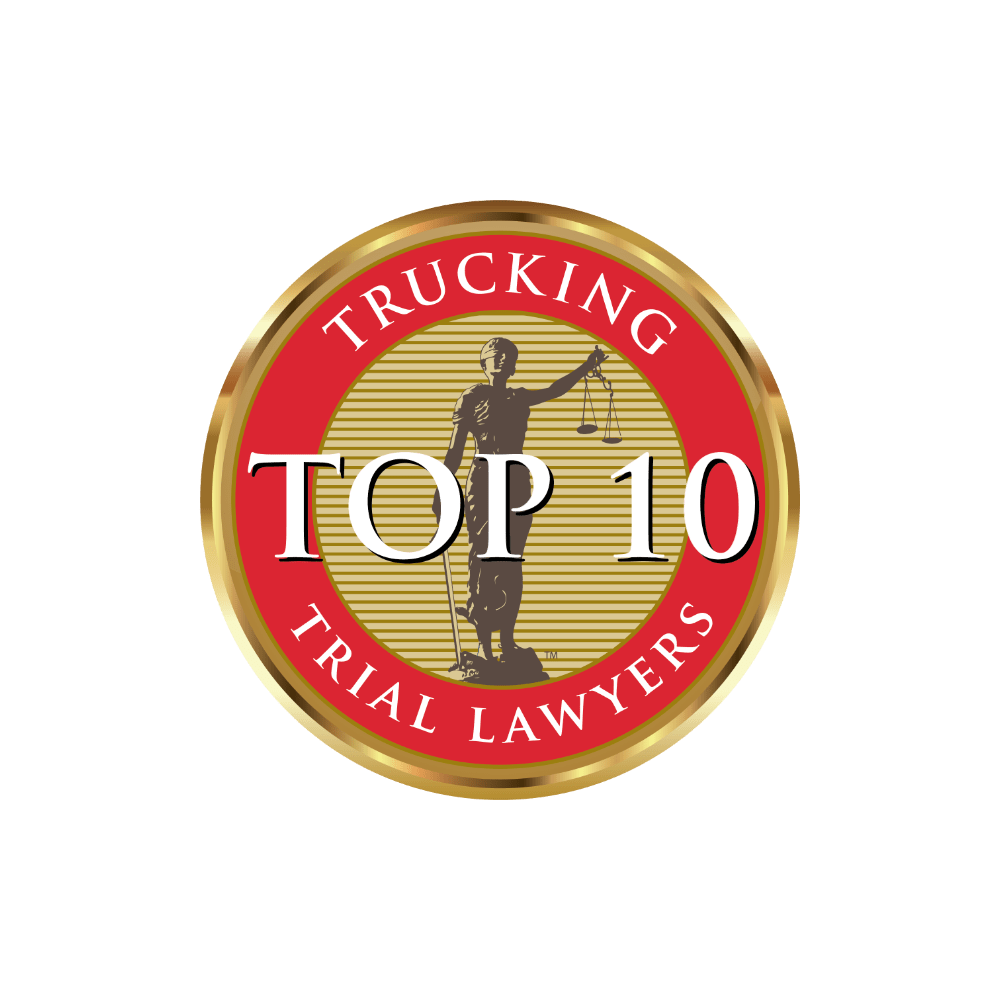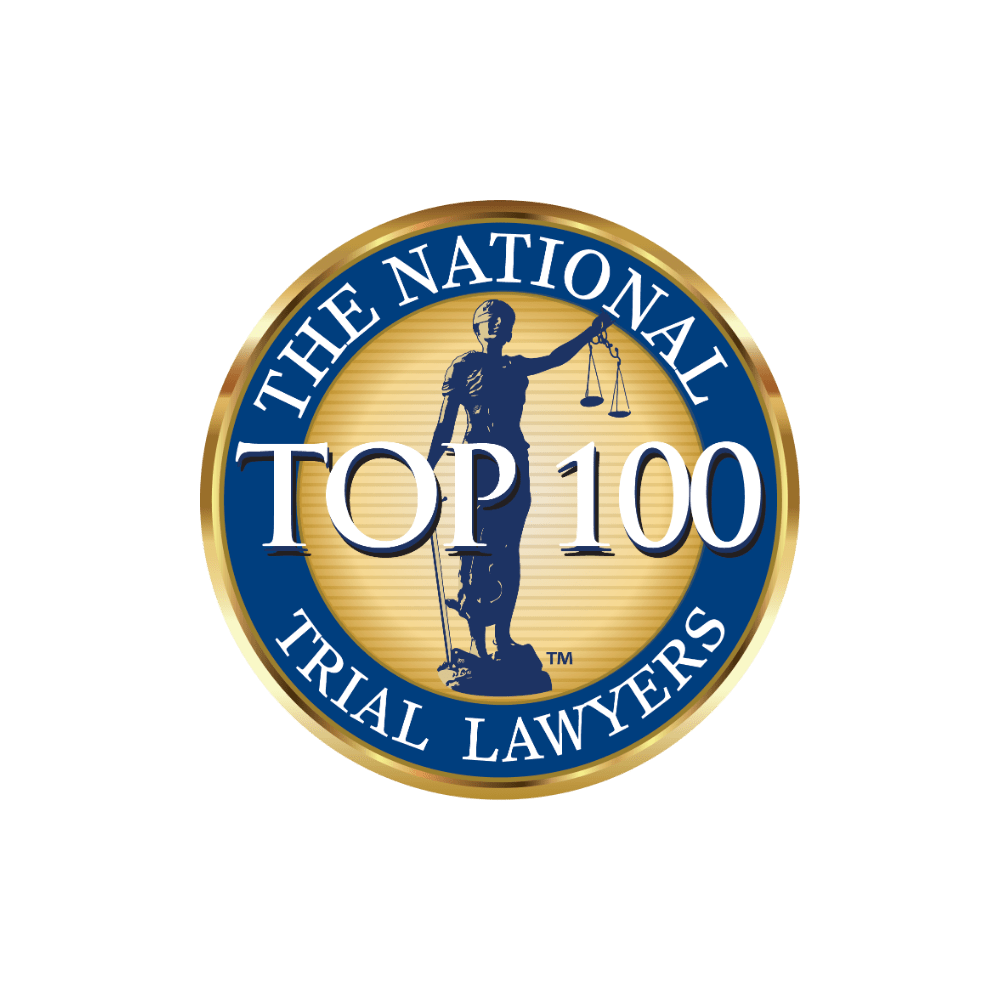Car accidents happen every day across Charlotte—on neighborhood streets, busy downtown roads, and major highways like I-485 and I-77. While no two collisions are exactly the same, there are patterns we see time and again. Many crashes share common causes, whether it’s a simple driver error, dangerous road conditions, or more hidden issues like a defective vehicle part.
If you’ve been hurt in a car accident, understanding the common causes of crashes can help you make sense of what happened—and what your next steps should be.
In this guide, we’ll cover the most frequent reasons accidents happen in Charlotte, how liability is determined under North Carolina law, what compensation may be available, and why early legal intervention can make all the difference in protecting your rights.
Why Understanding the Cause Matters in a North Carolina Accident
When you’re injured in a car crash, it’s easy to assume the cause is obvious. But the truth is, the real reason behind a collision is often more complicated than it first appears. Distraction, speed, poor road maintenance, defective car parts, and impaired drivers all contribute to accidents in ways that aren’t always immediately clear.
North Carolina follows a strict pure contributory negligence rule. This means that if you are found even 1% at fault for the accident, you may be barred from recovering any compensation. Because of this, pinpointing the real cause of a crash—and identifying all the responsible parties—is essential to building a strong personal injury claim.
An experienced attorney can look beyond the police report, using evidence like black box data, traffic camera footage, accident reconstruction, and maintenance records to uncover factors that may not be immediately obvious.
Common Causes of Car Accidents in Charlotte
Over decades of experience helping accident victims throughout North Carolina, we’ve seen certain causes come up time and again:
Distracted Driving
One of the leading causes of crashes today is distracted driving. It’s not just texting behind the wheel—drivers get distracted by GPS devices, changing the radio, eating, talking to passengers, or simply losing focus on the road. Even a moment’s distraction can cause a serious accident.
Distracted driving crashes often involve rear-end collisions, sideswipes, and accidents at intersections where attention to traffic signals is critical.
Speeding and Aggressive Driving
Speed is a factor in many Charlotte crashes. Whether someone is late for work or simply driving recklessly, excessive speed reduces reaction time and increases the severity of accidents. Aggressive behaviors like tailgating, weaving through traffic, and running red lights only compound the danger.
Speeding is especially dangerous on highways like I-85 or I-77, where a small mistake at high speeds can have catastrophic consequences.
Impaired Driving
Despite years of public education efforts, impaired driving—whether caused by alcohol, illegal drugs, or even prescription medications—continues to be a leading cause of accidents. These cases are often some of the most tragic because they are entirely preventable.
We’ve represented clients injured by drunk drivers leaving bars, parties, or even early morning commuters under the influence. These crashes tend to cause severe, life-changing injuries because impaired drivers often fail to brake or avoid impact altogether.
Poor Weather and Road Conditions
Heavy rain, fog, and slippery roads are common causes of accidents, especially in Charlotte’s unpredictable weather patterns. Hydroplaning, reduced visibility, and longer stopping distances all make accidents more likely.
Beyond weather, poor road maintenance—like potholes, missing signs, poorly designed intersections, or malfunctioning traffic signals—can also lead to crashes. In these cases, the entity responsible for maintaining the road may bear part of the blame.
Driver Fatigue
Driver fatigue is an often-overlooked cause of serious crashes. Drowsy driving impairs reaction times and judgment almost as much as alcohol.
Late-night and early morning accidents, particularly on highways, frequently involve drivers who drift into other lanes or fall asleep at the wheel, leading to devastating head-on collisions.
Vehicle Defects
Sometimes, it’s not the driver’s behavior but a mechanical failure that leads to a crash. Defective brakes, tire blowouts, steering failures, or airbag malfunctions can cause or worsen accidents. In these cases, the vehicle manufacturer or parts supplier could be held legally responsible through a product liability claim.
Why You Need a Lawyer After a Car Accident
Even when the cause of a car accident seems obvious, protecting your rights under North Carolina law is rarely simple. Insurance companies are focused on protecting their bottom line—and they are trained to look for any reason to reduce or deny your claim.
In a state like North Carolina, where even 1% of fault can eliminate your right to compensation, having experienced legal representation is crucial.
A car accident lawyer can:
- Investigate beyond the crash report to uncover hidden causes like defective vehicle parts, unsafe road conditions, or another driver’s reckless behavior.
- Preserve critical evidence before it’s lost or destroyed, including black box data, surveillance footage, and witness statements.
- Handle all communication with the insurance companies, so you aren’t pressured into saying something that could hurt your case.
- Identify all potential sources of compensation, including third parties like vehicle manufacturers or government agencies responsible for road maintenance.
- Build a detailed, evidence-based case that proves the other party’s negligence—and protects you from unfair blame.
Without legal guidance, it’s easy for insurance adjusters to take advantage of the situation, offer lowball settlements, or suggest that you were partially at fault. An experienced attorney knows how to push back, present the full story, and fight for the maximum compensation you are entitled to under North Carolina law.
Why Establishing Fault Early Is Essential
When you’re injured in a crash, establishing fault quickly and accurately is critical—especially in North Carolina, where pure contributory negligence can completely bar recovery if you’re found even slightly at fault.
Early investigation helps preserve important evidence, such as:
- Vehicle black box data
- Traffic camera or surveillance footage
- Road condition reports
- Witness statements
- Vehicle maintenance records
Waiting too long allows critical evidence to disappear—whether it’s overwritten video footage, repairs to dangerous road conditions, or fading skid marks on pavement. Insurance companies often move fast after an accident, and if you don’t act quickly, they may shape the narrative to minimize their driver’s fault—or even suggest you caused the crash yourself.
A skilled legal team can immediately step in to gather evidence, consult experts, and ensure that your version of events is fully documented and supported.
What Compensation Is Available After a Car Accident
Victims of car accidents in North Carolina may be entitled to compensation for a range of damages, depending on the severity of their injuries and the impact on their lives. Compensation may include:
- Medical expenses for emergency treatment, surgeries, rehabilitation, therapy, and future medical needs
- Lost wages for time missed at work
- Loss of earning capacity if your injuries prevent you from returning to your prior employment
- Pain and suffering, covering the physical pain, emotional trauma, and reduced enjoyment of life
- Property damage to your vehicle and any personal property
- Punitive damages, in cases of extreme recklessness such as drunk driving
Calculating full compensation requires looking not only at immediate costs but also long-term needs like future medical care, vocational retraining, and ongoing therapy.
The Direct Impact of Shared Fault on Your Case
Under North Carolina’s contributory negligence rule, if the defense can prove that you contributed even slightly to the crash—such as by speeding, failing to use turn signals, or being distracted—you may be barred from recovering anything.
Insurance companies know this and often look for ways to shift partial blame onto accident victims. That’s why it’s critical to build a strong case showing that the other party’s negligence was the sole cause of the accident—and to act quickly to preserve evidence before it’s lost.
Having a knowledgeable legal team on your side can help counter these tactics and ensure that fault is properly assigned where it belongs.
Key Steps to Take After a Car Accident
The steps you take immediately after a car crash can make or break your personal injury claim:
First, seek medical attention immediately, even if you feel okay. Some injuries don’t show symptoms right away.
Second, report the accident to law enforcement and ensure a detailed accident report is created.
Third, gather evidence at the scene if it’s safe to do so—take photos of vehicles, skid marks, road conditions, and any contributing factors like missing signs or poor visibility.
Fourth, avoid making statements about fault at the scene or to the other driver’s insurance company. Even casual remarks can be used against you later.
Finally, consult an experienced personal injury attorney before speaking with any insurance adjusters. Protecting your rights from the start is essential to achieving a fair recovery.
Contact Auger & Auger for Help After a Car Accident in Charlotte
Car accidents happen in an instant, but their effects can last a lifetime. If you’ve been injured in a crash in Charlotte—whether it was caused by a distracted driver, speeding, bad weather, poor road design, or a defective vehicle—you don’t have to face the aftermath alone.
At Auger & Auger Accident and Injury Lawyers, we’ve spent over 30 years helping accident victims across North Carolina fight for the compensation they deserve. We don’t stop at the crash report—we dig deeper to find the real cause of your accident and hold the responsible parties accountable. With our Zero Fee Guarantee, you don’t pay anything unless we win your case.
Let us help you navigate the road to recovery. Contact us today for a free, no-obligation consultation and find out how we can help you move forward.
















